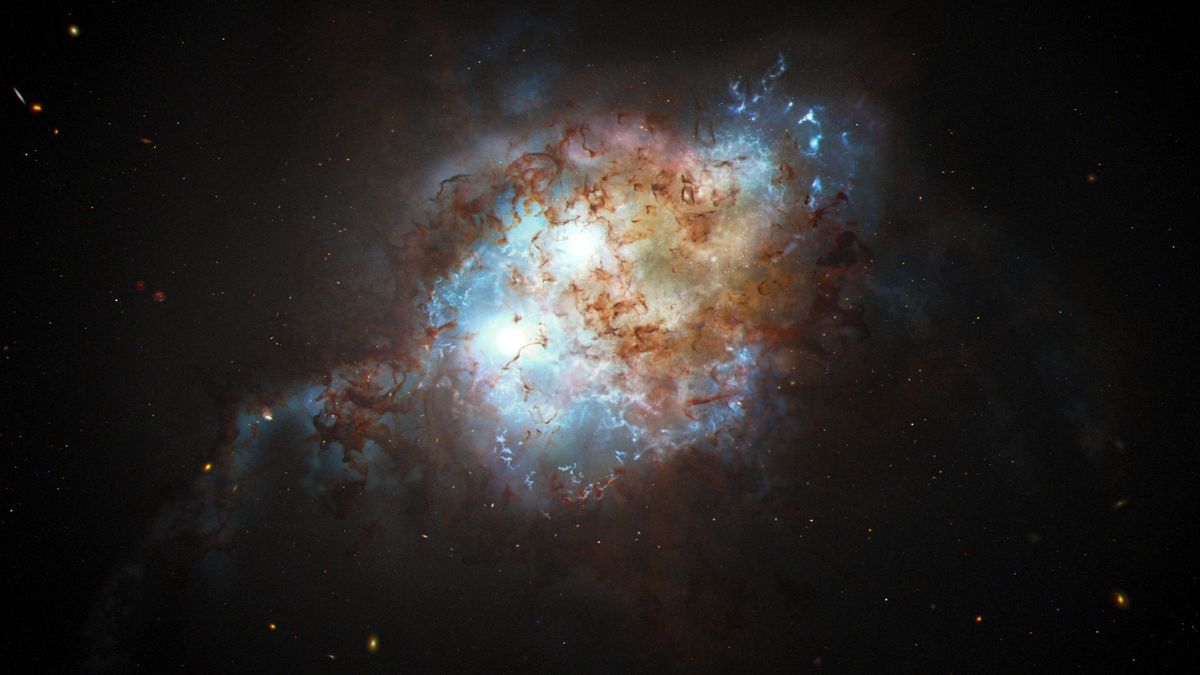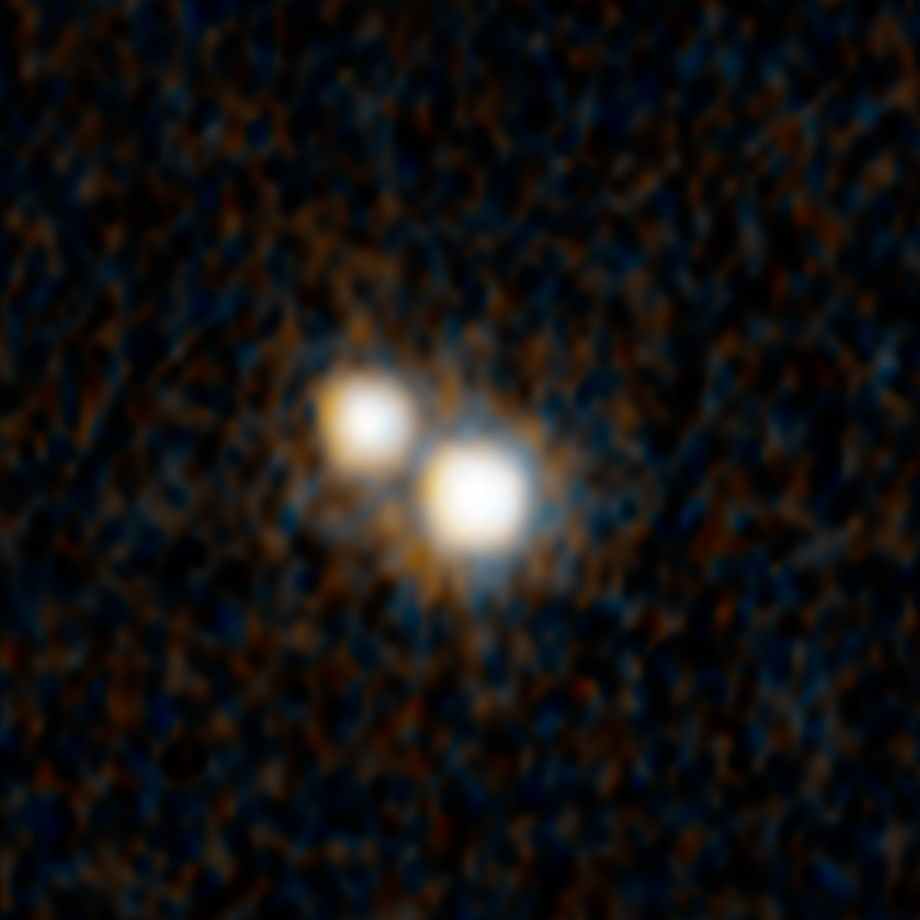I teach astronomy.
I get to talk cosmology and early universe, gravitational lensing, black holes, quasars ... All at once!
(Seriously. Every HS is pushing literacy on their science teachers. Fiction? Meh. Non-fiction? "What? Every sentence is important and I can't skip pages?" Had one student struggle with 3 pages for 45 minutes--every word except "a" in paragraph 1 of 4 was highlighted. "How far have you gotten?" "I don't understand the first paragraph." "Have you looked up definitions?" "Why? I was told to just figure out the meaning from context--but I don't understand the context." And I feel an enormous urge to garrot English teachers. "Look up defintions for words you don't understand." "Where?" "The reading is online. Maybe the Internet?" "Oh. You can do that?" And I seriously want my Glock, currently 1200 miles away from me in my brother's gun safe, the one my father used in *his* suicide. "Yes, you can do that." And I have to go into the hall and beat my forehead against the wall. They're *seniors*!)

